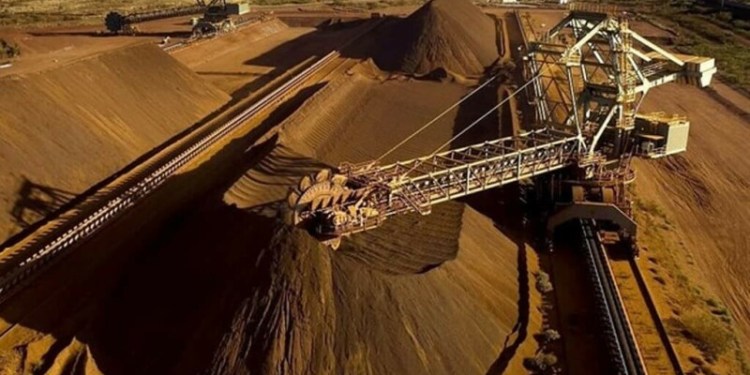China’s Bohai Commodity Exchange, a local government-backed online trading platform for spot commodities, plans to launch cross-border trading in yuan for natural rubber and iron ore.
It announced the plans in Hong Kong Tuesday during a roadshow to promote the new trading system, an exchange official said in an interview Wednesday.
In April, the exchange became China’s first non-financial organization to get approval from the central government to offer yuan-based cross-border trading.
“Natural rubber is already being traded on our platform, so it will probably be the pioneer to try out this RMB trading across countries, but iron ore may take a while as we are still working out the details on this commodity,” the official said.
The exchange has not decided when it will launch trading in the two products, as it partly depends on market feedback collected from future roadshows in Singapore, Thailand and New York.
China relies heavily on imported natural rubber and iron ore, accounting for 80% and 70%, respectively, of the country’s total consumption, the exchange official said. It hopes to help trading parties minimizing foreign exchange fluctuation and to facilitate trading by providing a new pricing and settlement scheme, he said.
China has two other platforms for spot iron ore physical trading: the China Beijing International Mining Exchange in Beijing and the Rizhao International Iron Ore Exchange in Shandong province. But neither offers cross-border yuan trading, market sources said.
A Beijing-based iron ore trader welcomed the Bohai exchange’s plans.
“One more platform or means of trading will give us more options,” she said. “The bottom line lies in which [platform] can attract the most number of reliable suppliers and traders.”
The Bohai exchange has signed agreements with several international banks to provide yuan cross-border settlement services, the official said.
It is not alone in considering such services, as Singapore Exchange and Hong Kong Exchanges and Clearing signed a memorandum of understanding December 4 to cooperate in promoting yuan internationalization.
The Bohai exchange, based in Tianjin, opened for trading in December 2009 with crude oil and coking coal as the two initial products, later adding hot rolled coil/sheet in February 2010, rebar in western China in June 2010 and thermal coal in October 2010.
Its platform trades about 70 commodities, including metals, steel and agricultural products.
Source: platts.com


























